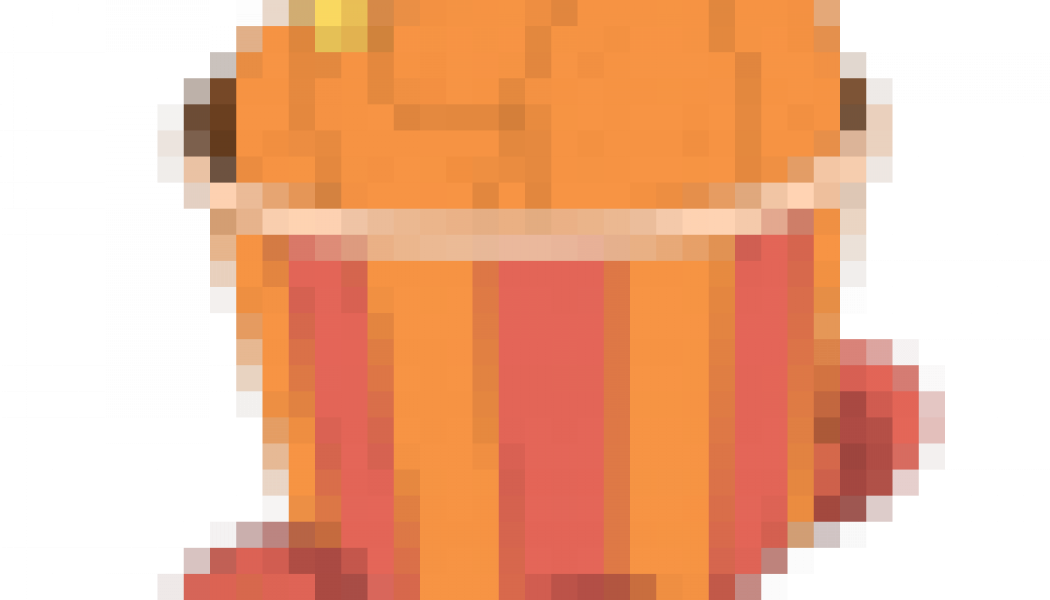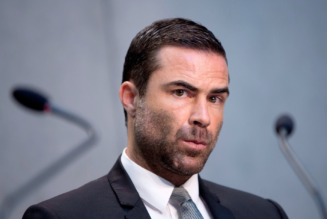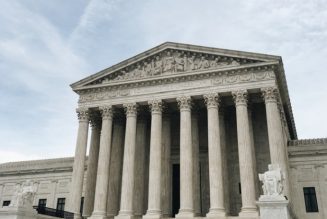Mohammed Baraka was sitting at home one night in Gaza City after a long day at work, and he wanted fried chicken. The 32-year-old pulled out his phone and placed an order for a chicken sandwich and rice from KFC — on Instagram.
Two days later, Baraka walked 40 minutes to a hookah store to pick up his meal. By then, the food was cold, the containers looked like they’d been opened, and the Coke he’d requested was missing. Still, despite the wait and the fact that he’d spent just over $25 on a sandwich and the delivery fee, he was thrilled to get it.
The delivery had come from Ramallah, located around 50 miles northeast of Gaza in the West Bank. Previously, fried chicken had been smuggled through tunnels under the Egypt-Gaza border — nearly all of which have since been destroyed.
Israeli travel policies restrict Palestinians from carrying food or drinks into Israel — but they are allowed to bring them back out. Combined with a recent increase in the number of work permits for Palestinian laborers from Gaza, this rare loophole inspired one young entrepreneur, who requested anonymity so he could speak freely without inviting attention from authorities, to launch a KFC delivery service on Instagram. The company claims to have attracted some 500 customers in less than two months, but due to the coronavirus outbreak in Israel and the West Bank, the founder has recently put his KFC delivery business on hold.
Even though the company is called Cheetah Express, the time lapsed between order and delivery might make the service one of the slowest in the world. “The KFC order will only make it to Gaza,” he told us, “ after crossing checkpoints supervised by Israel, the Palestinian Authority, and finally, Hamas.”
Cheetah’s delivery team is also unique: they’re not trained staff exclusively dedicated to bringing fried chicken to hungry customers, but Palestinian laborers who largely work in construction.
Once the orders have landed in Gaza City, customers can choose to pick them up at a hookah store or have them delivered straight to their homes for an extra 70 Israeli shekels (roughly $20). For context, Baraka pays $15 for a 2.5 GB monthly data package in order to access Instagram. (Gaza still lags, with 2G network service.)
But to Gazans who can afford it, the wait can be worth it.
“I felt special because my meal traveled for miles and crossed several checkpoints,” Baraka said.
Other Cheetah customers say the delivery service provides a rare opportunity to enjoy American fast food in one of the most isolated places on earth.
“Social media opened a door for us,” said Salma al-Qaddomi, a volunteer with a local NGO, who often shares the Cheetah Instagram page with her friends in Gaza. “And it’s made us feel like buying such an expensive meal is a normal thing to do.”

Here’s what it takes to order KFC in Gaza.
— At the end of their workday, laborers head to Ramallah to purchase KFC orders, crossing from Israel to the West Bank through the Qalandiya checkpoint.
— After purchasing KFC in Ramallah, they take a minibus or a shared taxi to the Erez checkpoint.
— After they exit the Israeli side at Erez, they enter a third checkpoint run by the Palestinian Authority.
— From there, they take a yellow cab to the fourth checkpoint, run by Hamas. Security forces check the KFC meals by hand, but the overall process is pretty fast.
— Once they pass through the final checkpoint, they take a cab to deliver the meals at a hookah store in Gaza city.
— All this time, the customers are on their phones anxiously waiting for their KFC delivery. Cheetah Express receives questions like, “Will my food arrive cold or warm?” in its DMs.
— The order finally gets delivered around 7 p.m., not very fresh and definitely cold.
— The next morning at 7:30, the laborers will head back to Erez, possibly picking up more orders of fried chicken on their way back home.









